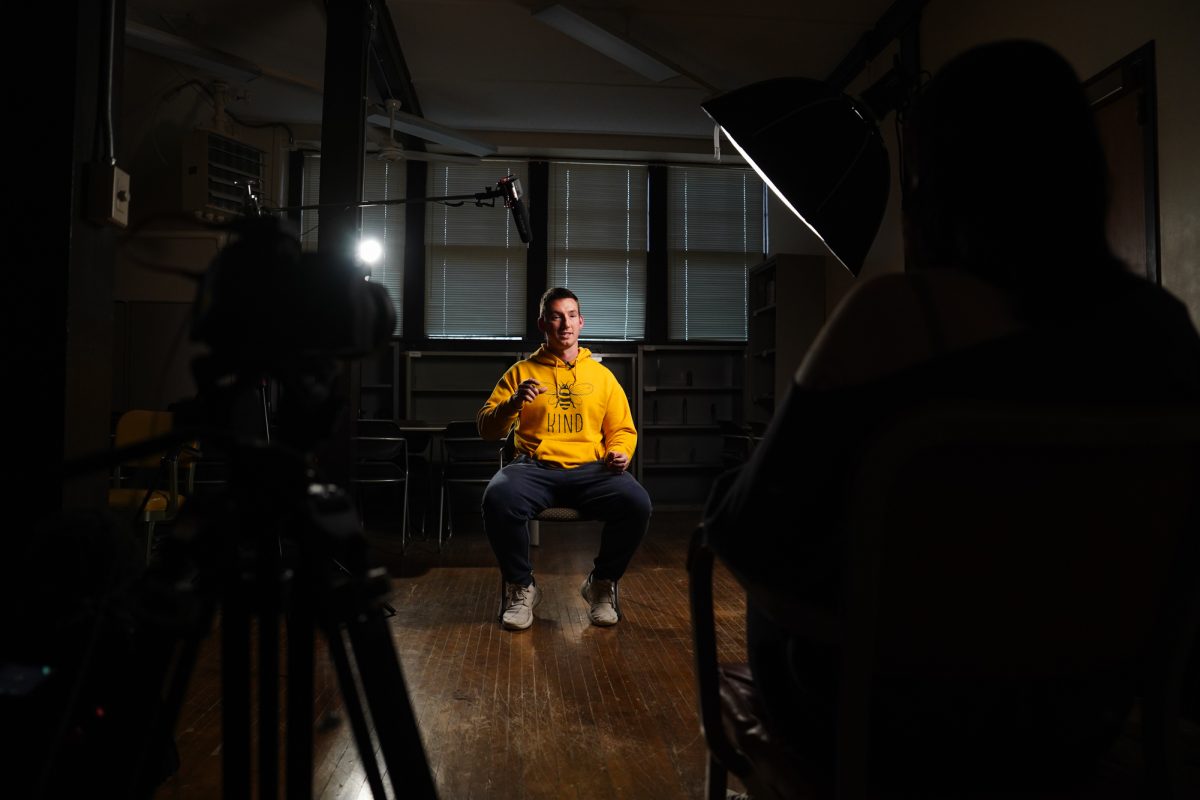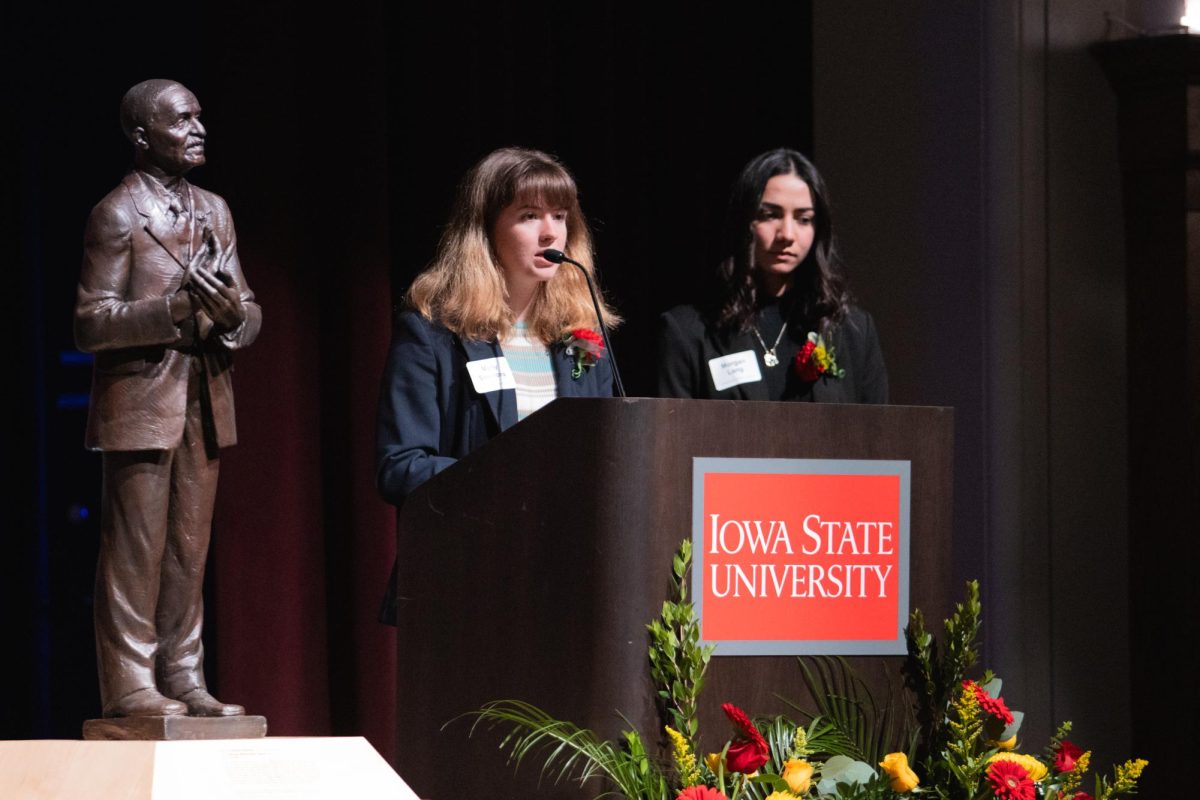COLUMN: Evolution is fact
October 17, 2005
For someone to say they do not believe in evolution in this age is similar to saying they do not believe in atoms. There is no more reason to believe atoms exist than to believe evolution has guided species to differentiate into the myriad forms we know today. Atoms were not seen for centuries before modern technology finally brought them within the grasp of our own eyes. Still, scientists throughout the centuries were able to deduce their existence through logic and experimentation. We know atoms to exist based on atomic theory, a theory which, in spite of some faults, holds up to scientific scrutiny.
In this sense, evolutionary theory is no less believable than the idea that all matter in the universe is comprised of only a hundred or so basic building blocks. The fact that atomic theory is “just a theory,” as most creationists claim of evolution, makes it no less applicable to our lives and productive as a means of developing new conformations of matter or explaining why we can generate energy from certain isotopes of uranium.
In October 1984, a daring operation took place. An infant girl, known to the public as “Baby Fae,” had been born with a defective heart and was in need of a transplant. Desperate for a heart and running out of time, Loma Linda University surgeon Leonard Bailey rose to the occasion with a bold proposal. He suggested that heart of a baboon be used instead of the heart of a human.
The operation was a short-lived success. As the world held its breath and prayed for the survival of the infant child, Baby Fae’s immune system mounted an enormous response against the foreign tissue. In no less than a week, Baby Fae was dead as a result of the vast difference between what her immune system would tolerate and what was transplanted into her.
When asked why he chose the heart of such a distant relative of humans instead of a more closely related species, such as a chimpanzee, Bailey replied, “I don’t believe in evolution,” according to the London Times.
Such events have drawn the battle lines between creationism and evolutionary theory.
Evolutionary theory may have flaws, but considering what an inadequate job of explaining phenomena creationism does, there is no competition.
Still, there are those who oppose evolutionary theory. Some even make it their life’s work. Yet in spite of all their opposition, from the moment Darwin’s “The Descent of Man” began circulating the halls of academia to the present day, evolutionary theory remains firmly entrenched among those who make it their life’s work to understand life on our planet.
The reason scientists have theories in the first place is to explain phenomena and make predictions. Creationism fails as a theory to make predictions or explain phenomena. Creationism does not, and cannot, explain the intricacies of our existence, such as why we have wisdom teeth. Surely an Intelligent Designer would not have created us with more teeth than can fit in our heads. Another example might be pubic and underarm hair, both of which make sense from an evolutionary perspective regarding the importance of pheromones to early ancestors; neither does much for warmth, but as anyone who puts on deodorant in the morning knows, these hairy patches are good at concentrating scents. Creationism does not bother to explain things like why ovulation coincides with the full moon in the absence of artificial light, why Homo sapiens fossils are not found in Tyrannosaurus bellies or why STDs exist if we were all created perfect, but evolutionary theory does.
Evolutionary theory is by no means perfect; most scientific theories are not. That is not to say these theories are not valuable to us as a means of understanding the universe or they are not strong arguments. Where biologists draw conclusions from the evidence, creationists commit the most grotesque of scientific errors by searching for evidence that matches their preconceived conclusions. Worse yet, many creationists do not even bother to support their claim, instead seeking to validate their theory by attacking their opponent’s theory. Unfortunately for creationists, a theory does not gain support by pointing out the faults of a competing theory.
The debate between creationism and evolution may seem like a purely intellectual endeavor, but in the case of Baby Fae, scientific ignorance may well have cost a life. Until such time as creationists are able to provide evidence for their claims, it is safe to say that evolution is a fact.
– Jeremy Oehlert is a senior in psychology from Osceola.






